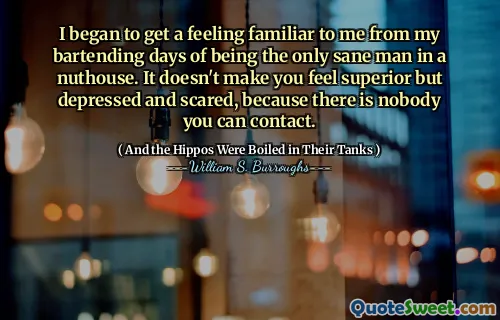Germans grew reluctant to stay in communal ski lodges, fearing they might talk in their sleep. They postponed surgeries because of the lip-loosening effects of anesthetic. Dreams reflected the ambient anxiety. One German dreamed that an SA man came to his home and opened the door to his oven, which then repeated every negative remark the household had made against the government.
In Erik Larson's "In the Garden of Beasts," the growing unease among Germans during the Nazi regime becomes apparent. Many inhabitants hesitated to visit communal ski lodges, fearing they might inadvertently reveal sensitive information while sleeping. This anxiety extended into their everyday lives, affecting decisions as significant as medical procedures, with people delaying surgeries to avoid the potential for loose talk under anesthesia.
Additionally, the pervasive atmosphere of fear influenced the dreams of the populace. One particularly vivid dream illustrated this tension: a German man envisioned a member of the SA party arriving at his house and opening the door to an oven, which ominously recounted all the negative comments the family had made about the government. Such dreams encapsulated the deep-seated worry and paranoia that characterized life in Nazi Germany.





